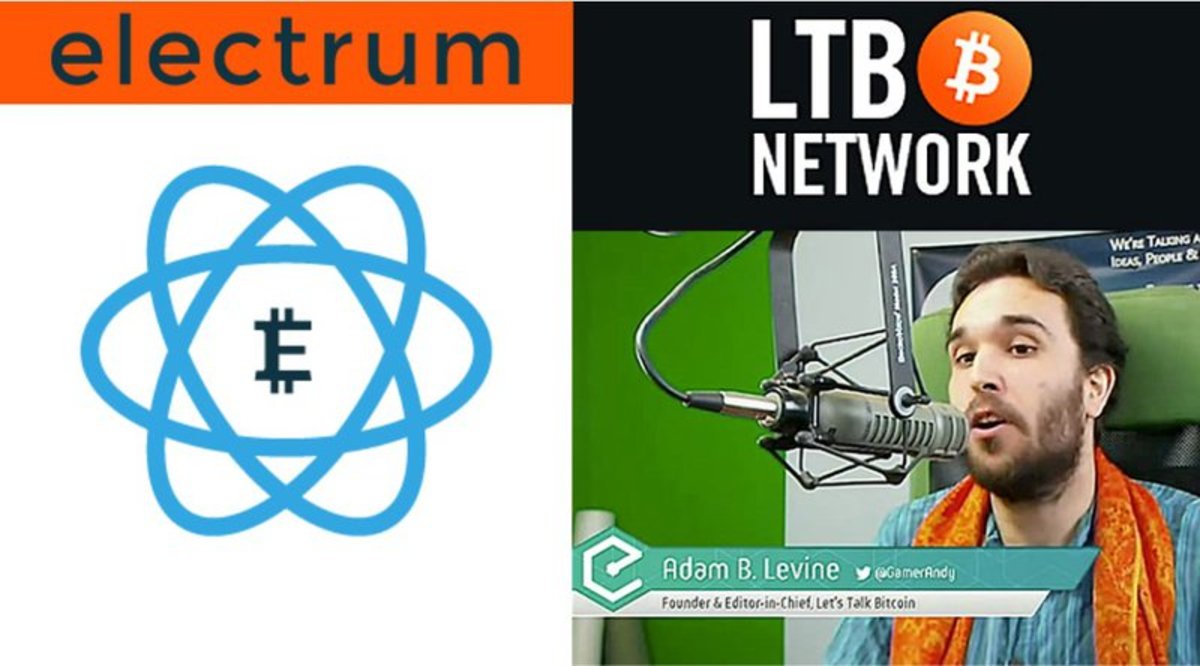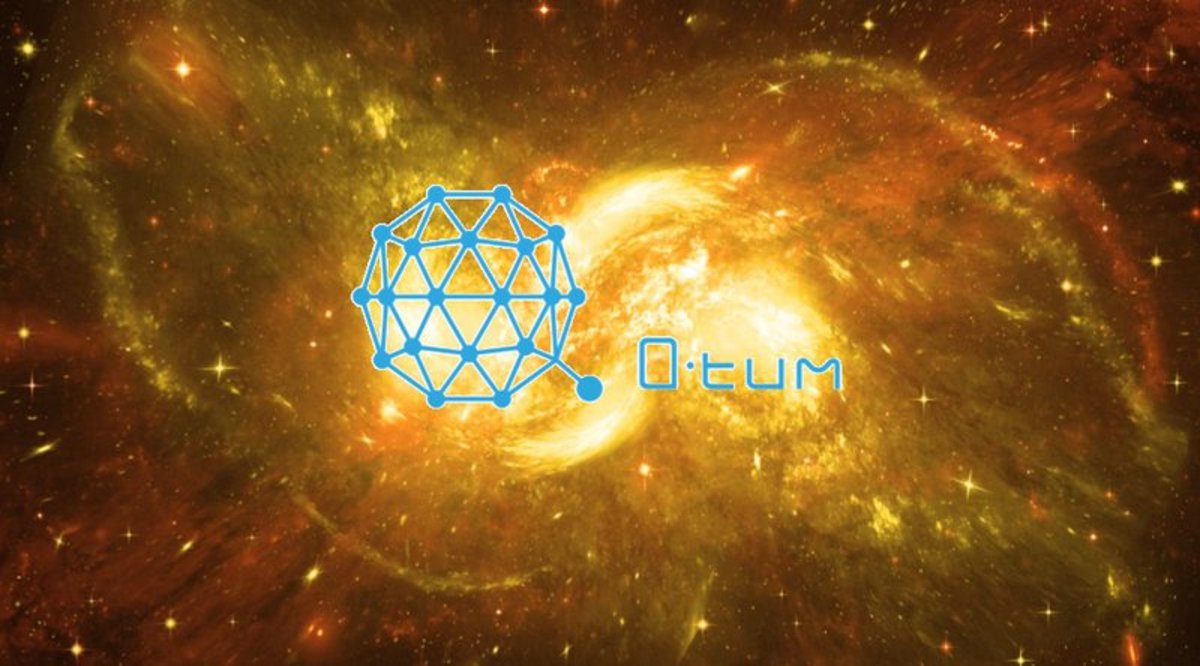
On the most recent episode of “Epicenter,” co-hosts Brian Fabian Crain and Sébastien Couture interviewed Thomas Voegtlin, a developer of the bitcoin wallet Electrum. During the interview, Voegtlin shared his thoughts on Bitcoin Unlimited, an alternative to Bitcoin Core that is best known for a feature allowing miners and full nodes to set a locally acceptable block size limit.
“I don’t think [Bitcoin Unlimited] is a good idea,” Voegtlin said during the interview. “It’s really a big change; it’s a change in the structure of power in Bitcoin. It’s a very risky hard fork.” He went on to suggest that since the recent AsicBoost scandal, “a lot of people have changed their mind on this” and no longer support Bitcoin Unlimited.
Voegtlin went on to explain his view that Bitcoin Unlimited would give more power to miners and how the software client has diverged greatly from Bitcoin Core. The Electrum developer also touched on the similarities between the Bitcoin and Litecoin codebases.
More Power for Bitcoin Miners?
Although Voegtlin claimed Bitcoin Unlimited is not much of a topic of discussion anymore, he also pointed out that a large percentage of the network hashrate (around 39 percent at the time of this writing) is still signaling support for the alternative software client.
“We are in a situation where miners have a lot of power, and they seem to want more,” Voegtlin said of the support of Bitcoin Unlimited among miners. “That’s the point of Bitcoin Unlimited: the miners decide to change the rules whenever they want, and the only requirement is that they are followed by other miners.”
Voegtlin went on to note that he’s unsure how many of the miners signaling support for Bitcoin Unlimited really want any of the changes implemented in the alternative software client to activate on the Bitcoin network. “They are signaling their opposition to [Segregated Witness],” Voegtlin said.
In regard to miners’ reasoning for rejecting Segregated Witness (SegWit), Voegtlin pointed to the recent AsicBoost revelations involving Bitmain as a theory.
Later, Voegtlin pointed to miners wanting to see more transactions processed on chain rather than through off-chain channels, such as the lightning network, as another plausible theory. “But today it’s impossible to put numbers on that,” Voegtlin added. “It’s not possible to quantify this.”
Bitcoin Unlimited Has Completely Diverged from Bitcoin Core
Another issue Voegtlin sees with Bitcoin Unlimited is that it has completely diverged from the Bitcoin Core codebase.
“The team of developers that are behind Bitcoin Unlimited actually did not create a patch of the project, but they forked it a long time ago,” explained Voegtlin. “The version of Bitcoin that they maintain is now completely different. They have diverged, which is not a good idea.
“Well, it’s a good idea to fork the project if you want to replace the developers, if you want to fire them,” Voegtlin added.
In Voegtlin’s view, the developers behind Bitcoin Unlimited should have created a simple patch and rebased it on top of the Bitcoin Core codebase after each new release.
Similarities Between the Bitcoin and Litecoin Codebases
Near the end of the interview, Voegtlin pointed out that the Bitcoin and Litecoin codebases are very similar. It is partially for this reason that others, such as Bloq Co-Founder Jeff Garzik and Coinbase Director of Engineering Charlie Lee, have noted that Litecoin could provide a valuable test environment for SegWit and the lightning network.
“Litecoin is very close to Bitcoin; the changes are very small,” Voegtlin explained. “It’s not like Bitcoin Unlimited, who decided to drop the project and discard all of the new developments from the [Bitcoin] Core developers. Litecoin is just a small patch over Bitcoin, so the developments that are made for Litecoin can benefit Bitcoin.”










